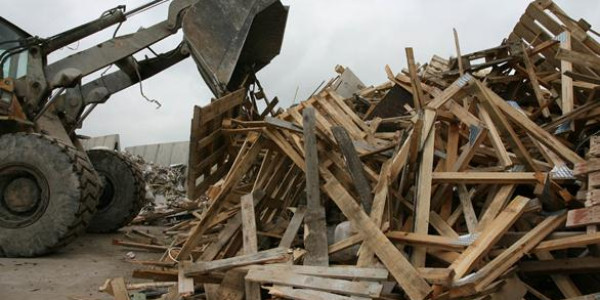22 August 2013 | By MRW staff The Renewable Energy Association (REA) has welcomed the publication of sustainability criteria for biomass power and combined heat and power by the Government. Only projects with high carbon savings and ecological protections will count towards renewable energy targets under the Renewables Obligation (RO), according to the new rules published by the Department of Energy and Climate Change (DECC) . As of April 2015 all biomass energy generators must be able to prove their fuel sources are sustainable in order to receive subsidies. Also under the changes, biomass electricity must produce more than 70% greenhouse gas savings compared to fossil fuel alternatives. Greg Barker, minister of state for energy and climate change said: “The new criteria will provide the necessary investor certainty and, crucially, ensure that the biomass is delivered in a transparent and sustainable way.” ‘Incongruous’ policies However, the REA said the publication of the sustainability criteria for biomass was “incongruous with the Government’s moves to restrict the construction of biomass power plants in the RO, and not support them at all under the upcoming CfD (Contracts for Difference) regime.” CfD will take over the RO subsidies in 2017. MRW reported that DECC’s U-turn in its support for new-build biomass was revealed in the draft Electricity Market Reform (EMR) delivery plan, published in July. Under EMR, the Government will not support the construction of new biomass plants unless they produce combined heat and power (CHP). Chief executive of the REA Nina Skorupska said: “CHP is an excellent use of the resource but it is not feasible in sites where there is no user for the heat load. The Government will have serious regrets down the line if it excludes the construction of dedicated biomass power plants from the new regime.” High sustainability standards The REA also said it rejects the arguments used by green campaigners who have called biomass power ‘dirtier than coal’. Skorupska (right) said: “Biomass power can help bridge the energy gap because it is affordable, helps to meet base load power needs and is relatively quick to build. It can also help economic recovery by creating jobs in construction and the ongoing operation of the plants.” She said the Government’s sustainability criteria for biomass would mean only facilities proven to be good for the environment would be supported, and invited NGOs with concerns about the sector to work with the REA “to iron out the details of implementing these standards”. “If we get it right, which I’m sure we will, the UK will be reinforcing the highest standards of sustainable forestry for trade partners around the world,” she added. Taylor Scott International
Biomass Sustainability Criteria Announced By DECC

This entry was posted in Investment, investments, News, Property, Taylor Scott International, TSI, Uk and tagged calendar, construction, energy, government, investment, javascript, news, property. Bookmark the permalink.







